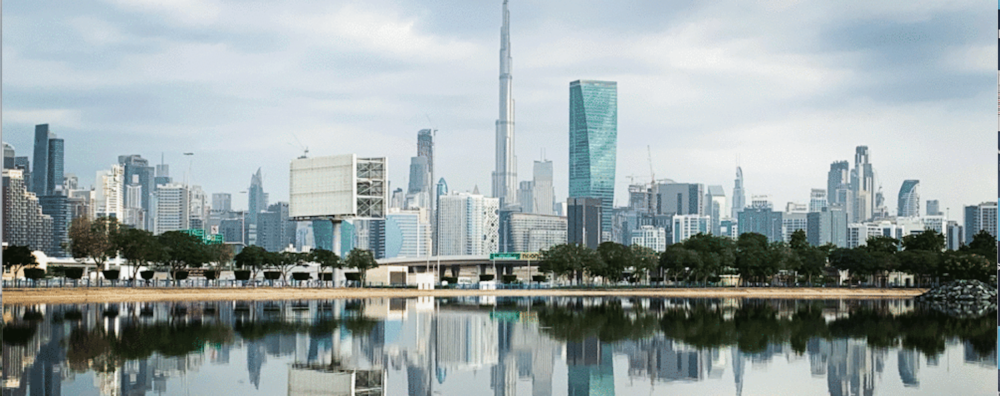“Kids, this is where it all began!”
An underwhelmed stare passed between them, then they glared at the tap in the ground – an unassuming piece of equipment with metal components, red wheels and a gauge on top.
The tap was on the small side; and it was hot. The sky a translucent blue, the sun a dazzling ball. I felt a trickle of sweat make a slow, tickly descent down the back of my neck. All around us, desert stretched for as far as the eye could see, punctuated by nodding donkeys (pumpjacks), pylon-like masts and oil pipes that traversed the sand in never-ending lines. The only sound was the clanking of machinery.

The key to riches
While I got busy taking photos, the boys looked on bemused. They weren’t as impressed by the Bahrain oil field as I was (the magazine I work on reports on the energy industry, so for me Oil Well Number One was actually rather exciting!).
As I explained its significance, there was no denying the sweat breaking out across our faces. I could feel my hairline becoming wet. I told them how this region hasn’t always been wealthy; from dire poverty it grew fat on oil, and while a tap in the desert might not look like much, it was where the story of the region’s riches and growth began.
For those curious: as a quartermaster in the British Army, posted to the Middle East during World War 1, the UK/New Zealand geologist Frank Holmes had heard of seepages in and around the Gulf and was driven by a passionate belief that he would discover oil in Bahrain. He persuaded the ruler at the time to grant him a concession to search for oil, in return for drilling water wells.
Not everyone was convinced: George Lees, a geologist in the Anglo-Persian Oil Company, promised to drink every drop of oil produced south of Basra. But in October 1931, Holmes spudded Oil Well Number One. A year later, the field produced its first oil at 9,500 barrels a day (b/d), rising to a peak of 79,000 b/d in 1970.
The brazen mid-morning sun continued to dazzle and scorch, and the boys’ concentration began to wane. I spent a few moments thinking about how the oil is running out, and that soon this field will be history (already they’re having to use enhanced oil recovery techniques to increase production). Then I got the boys to pose for a few photos.
After which, they wailed in unison, “Mum, can we go now?”.
Well, I thought it was interesting.




